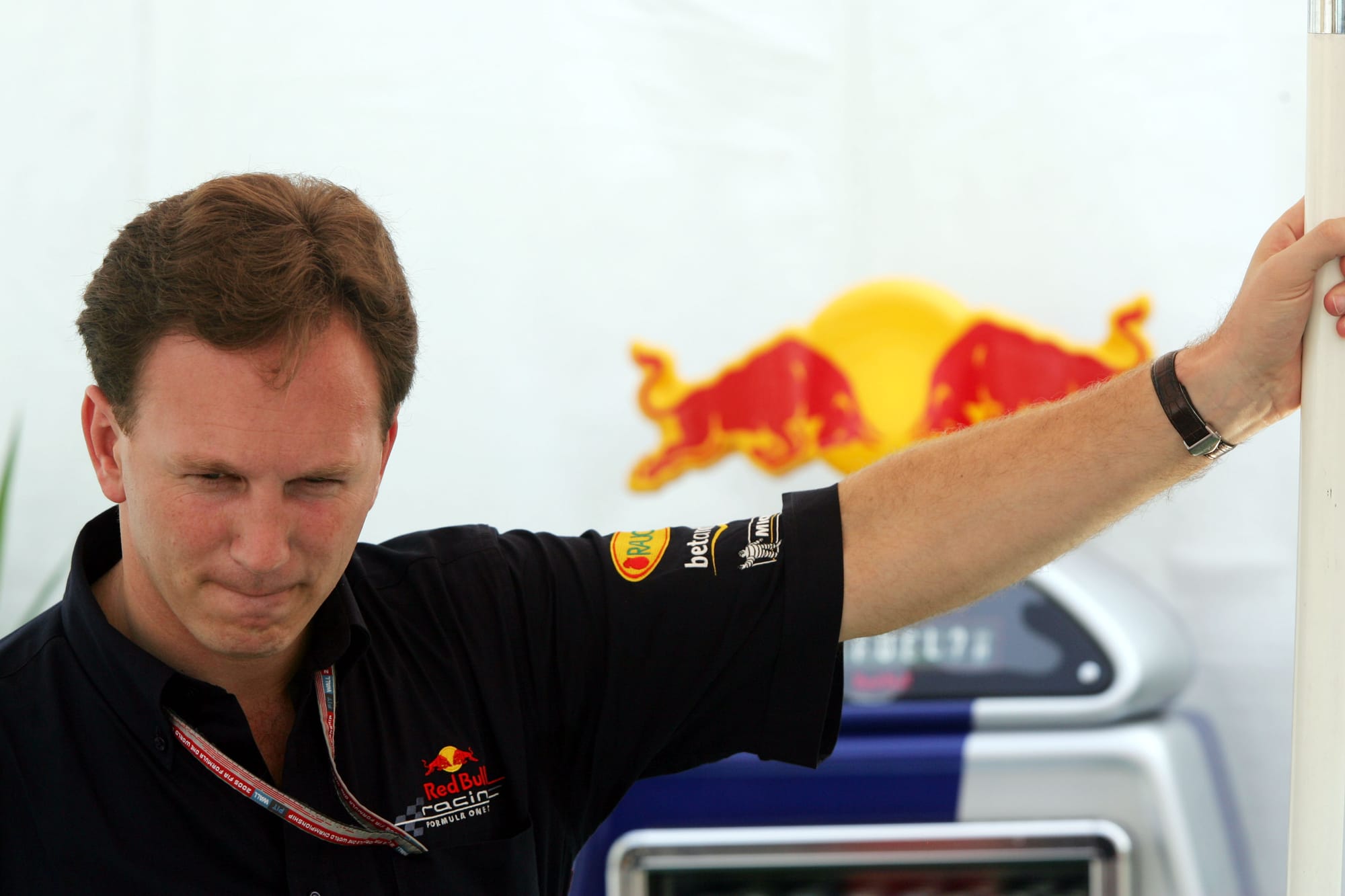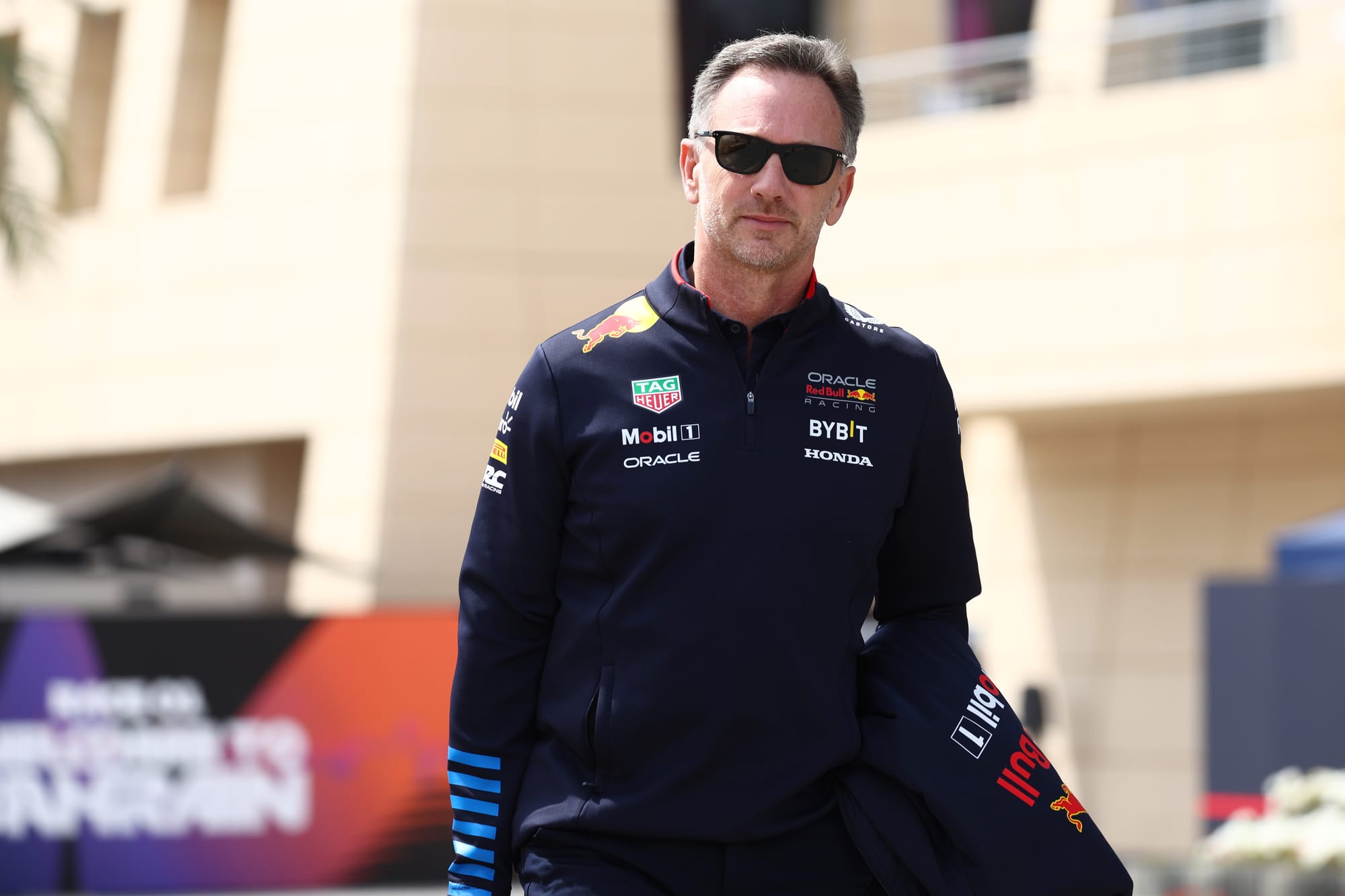Mark Hughes: This is the beginning of the end of Red Bull domination
What would a post-Christian Horner Red Bull Formula 1 team look like? What would be the impact of Max Verstappen leaving the team to drive for a rival? If it came to a choice, who is more important to Red Bull: Horner or Verstappen?
Taking the last question first, it depends if we are talking short term or long. Verstappen would almost certainly carry on dominating races for the team for the next year or two even if Horner were absent. But after that?
The structure which provides those cars and the race team which runs them is not as effective as it is by accident. Key recruitment and investment choices, firm direction and leadership are needed to fully exploit the fuel of money on which it runs to keep it at the front.
A rudderless team, no matter how well-funded, would gradually lose the momentum necessary to provide cars in which even a genius-level driver like Verstappen needs to succeed.
If Horner were to leave Red Bull, the challenge of replacing him is that he has grown organically with the team as it has expanded from the small entity which took over the former Stewart Grand Prix and Jaguar Racing base at Milton Keynes in the mid-2000s. His vision is stitched-in to the team’s very structure as it has expanded exponentially.

That Milton Keynes base is now a multi-million pound behemoth that is its own industrial estate and incorporates the massive Red Bull Powertrains engine manufacturing facility as well as housing the technology base of the sister RB team.
Horner’s job is no longer that of running a couple of hundred employees and directing operations from the pitwall on a race weekend. He is responsible for a couple of thousand employees and investments worth hundreds of millions of pounds.
He’s effectively become a highly successful executive while continuing in his role of team boss. His personality has given the place its tone and he has retained that even as his role expanded with the team.
Unstitching all that and replacing him like-for-like just isn’t feasible.

Despite its size, Red Bull Racing remains a fully focused freewheeling race team, fleet-footed and adaptable and quite simple in its structure. The corporate inertia which can easily get in the way of teams of such size has been absent.
The late Red Bull co-owner Dietrich Mateschitz gave Horner the freedom to structure and run it this way, and that has been a crucial component in making it an attractive place for Adrian Newey to work for so long.
But with the Austrian billionaire’s passing in late 2022 there was always going to be a question around whether the team could retain this powerful combination of simple but well-funded.
Racing teams and corporations do not operate to the same set of imperatives. Red Bull has been so successful partly because of its independence from the sort of corporate controls which have prevailed at Ferrari, for example….
Read More: Mark Hughes: This is the beginning of the end of Red Bull domination 2024-03-05 09:56:15
